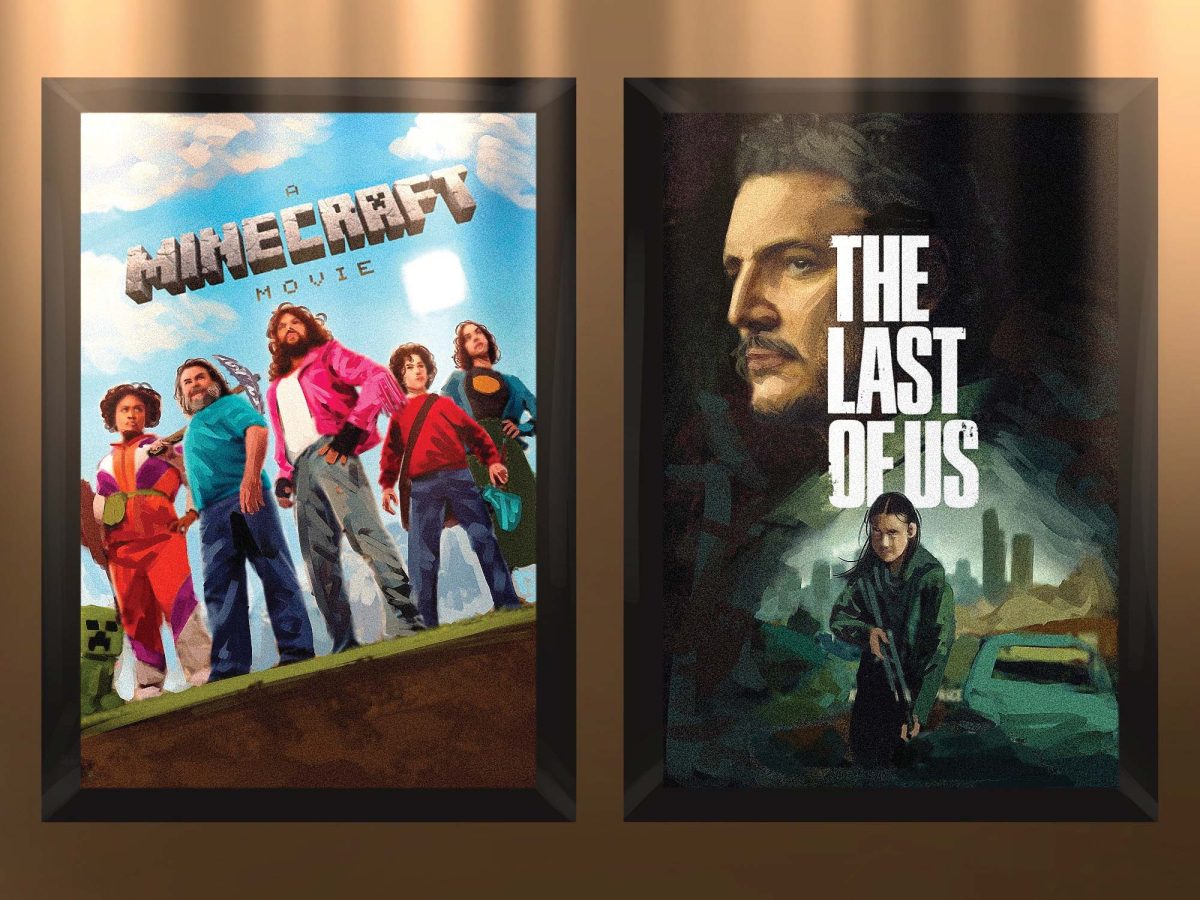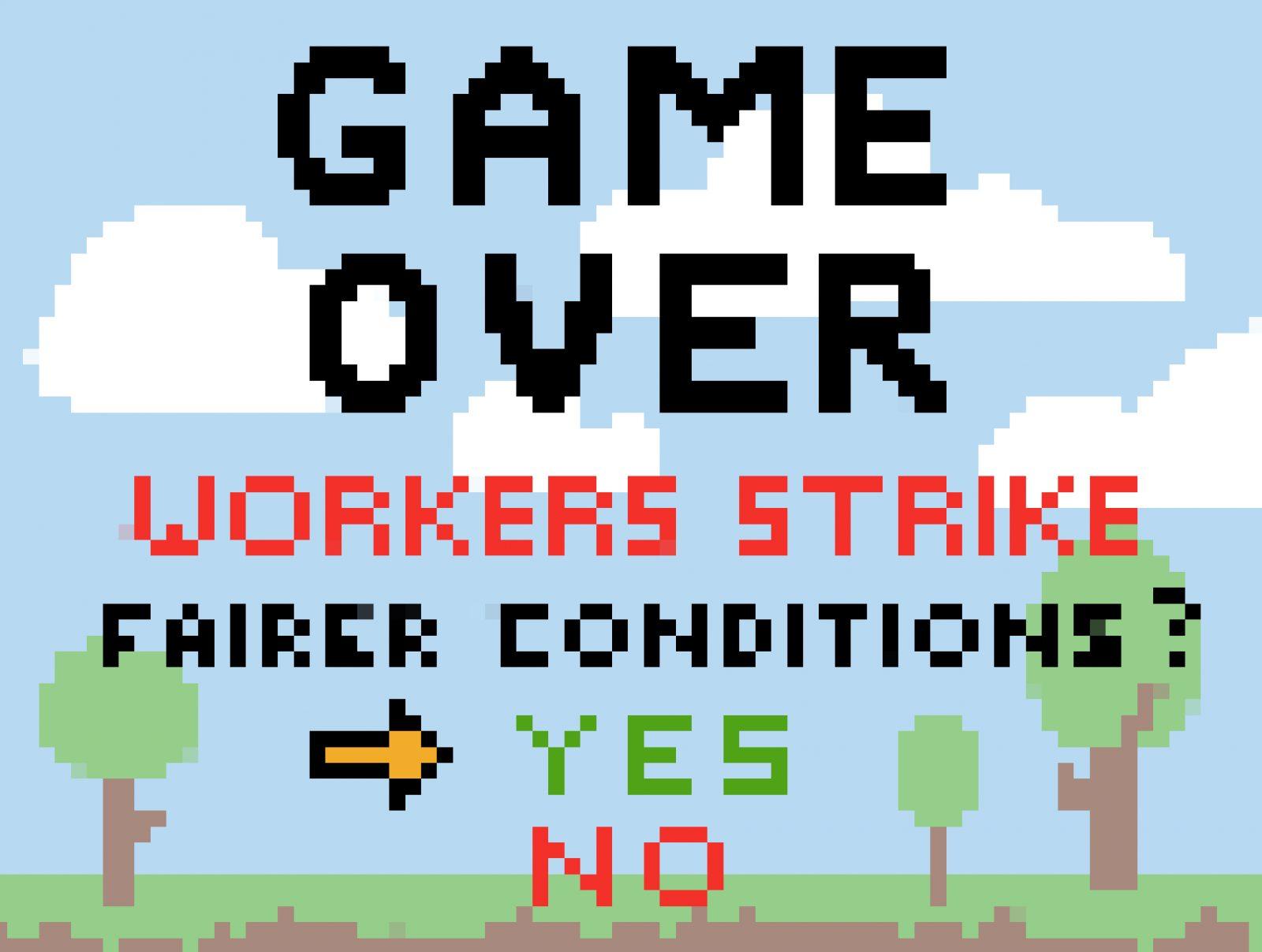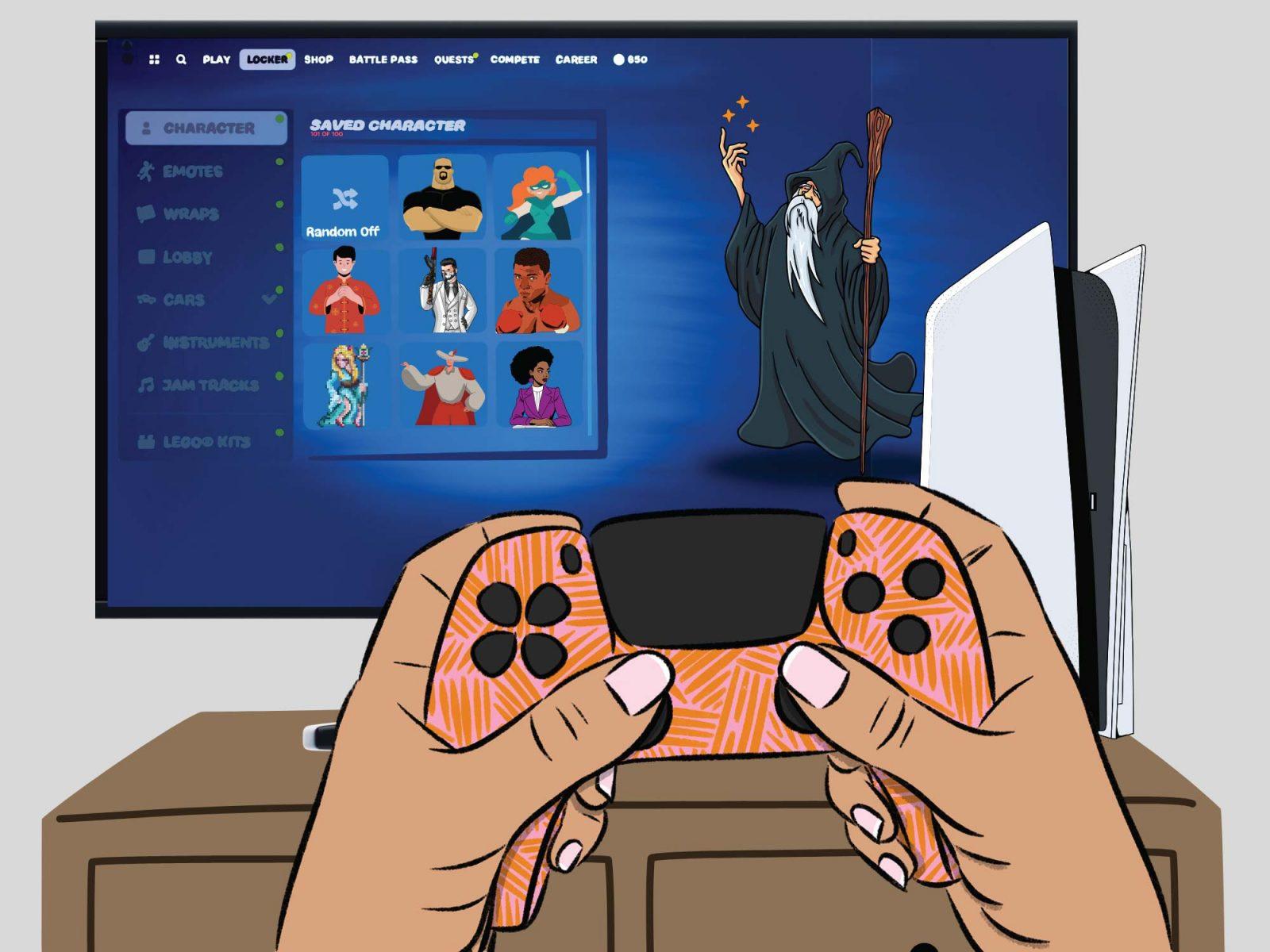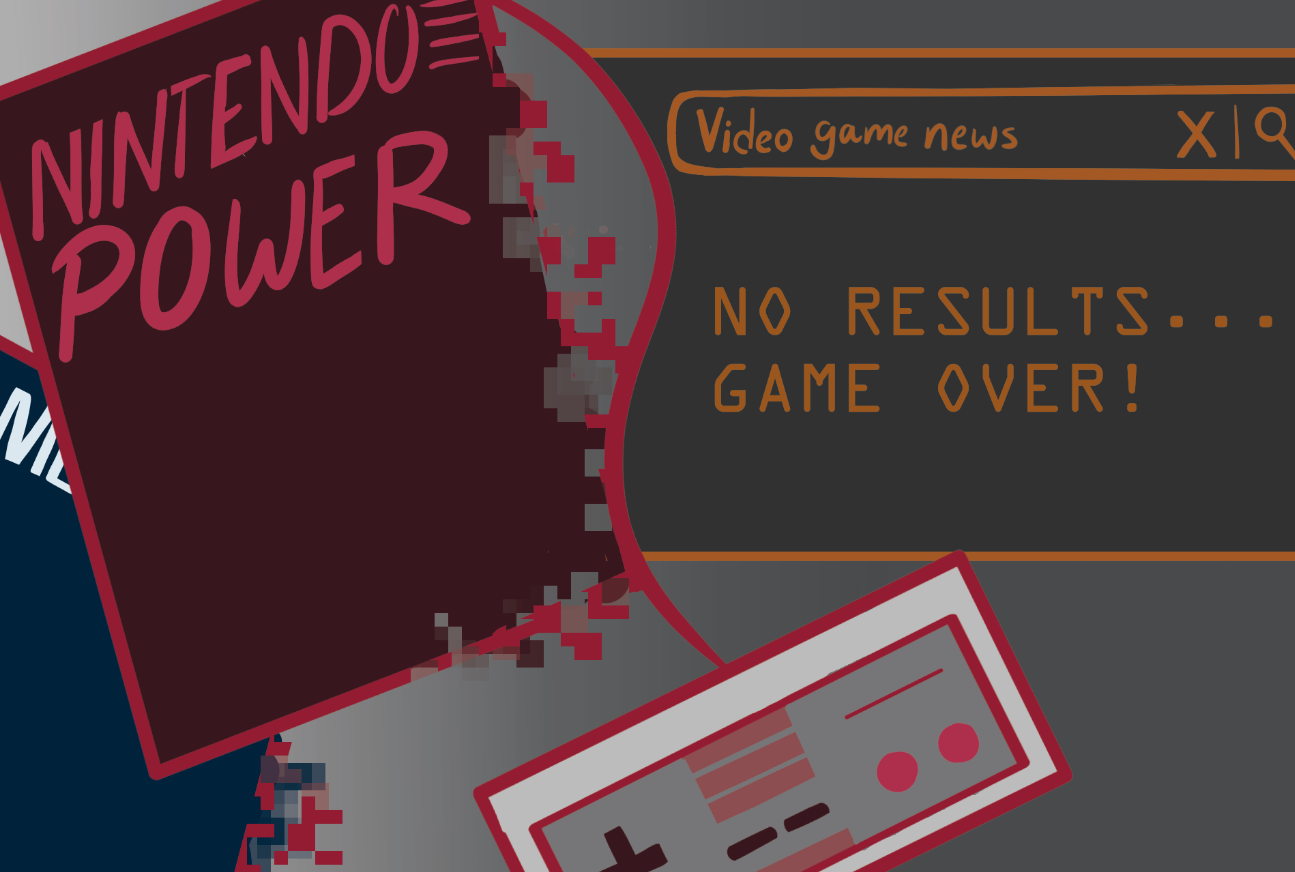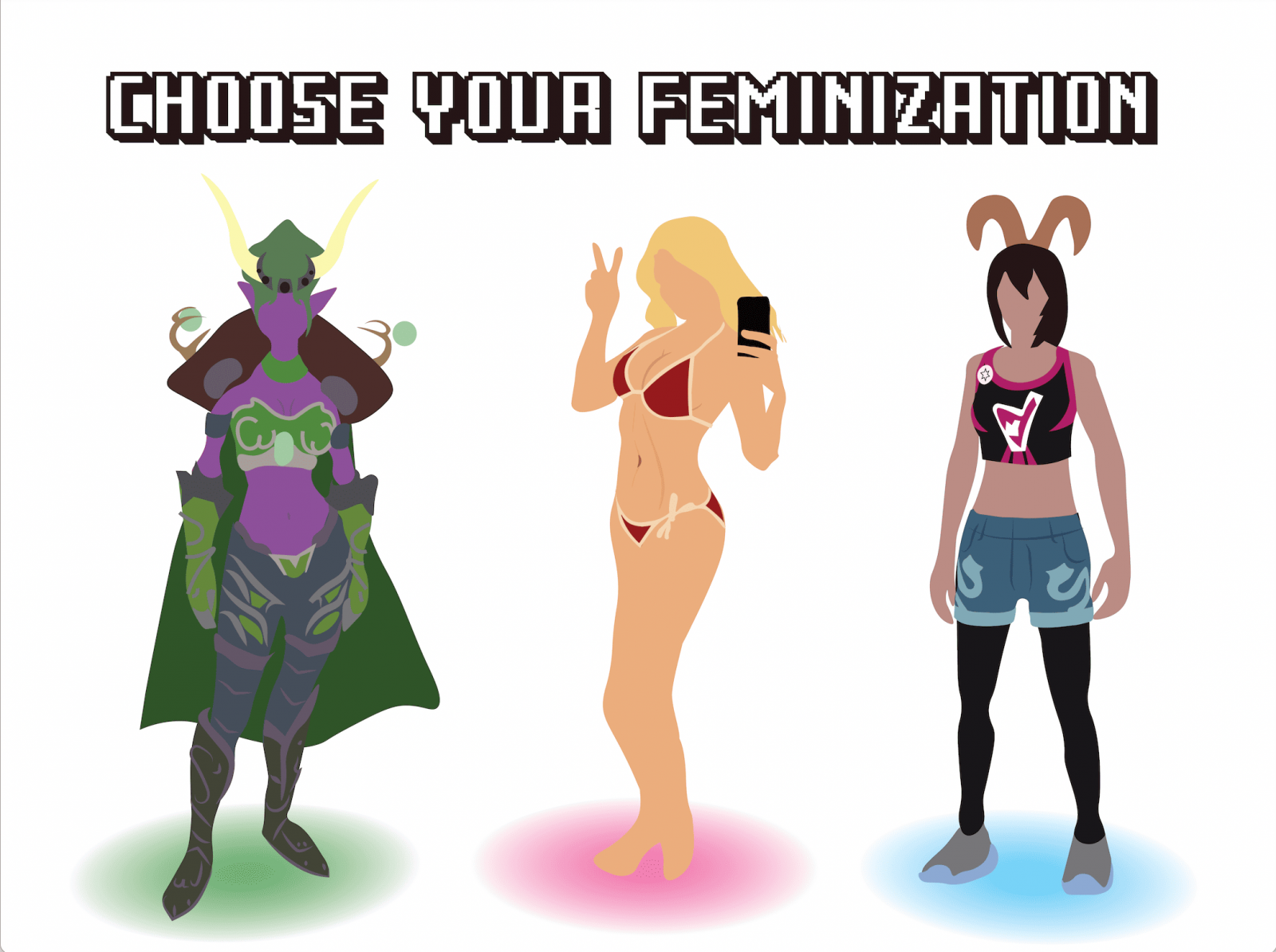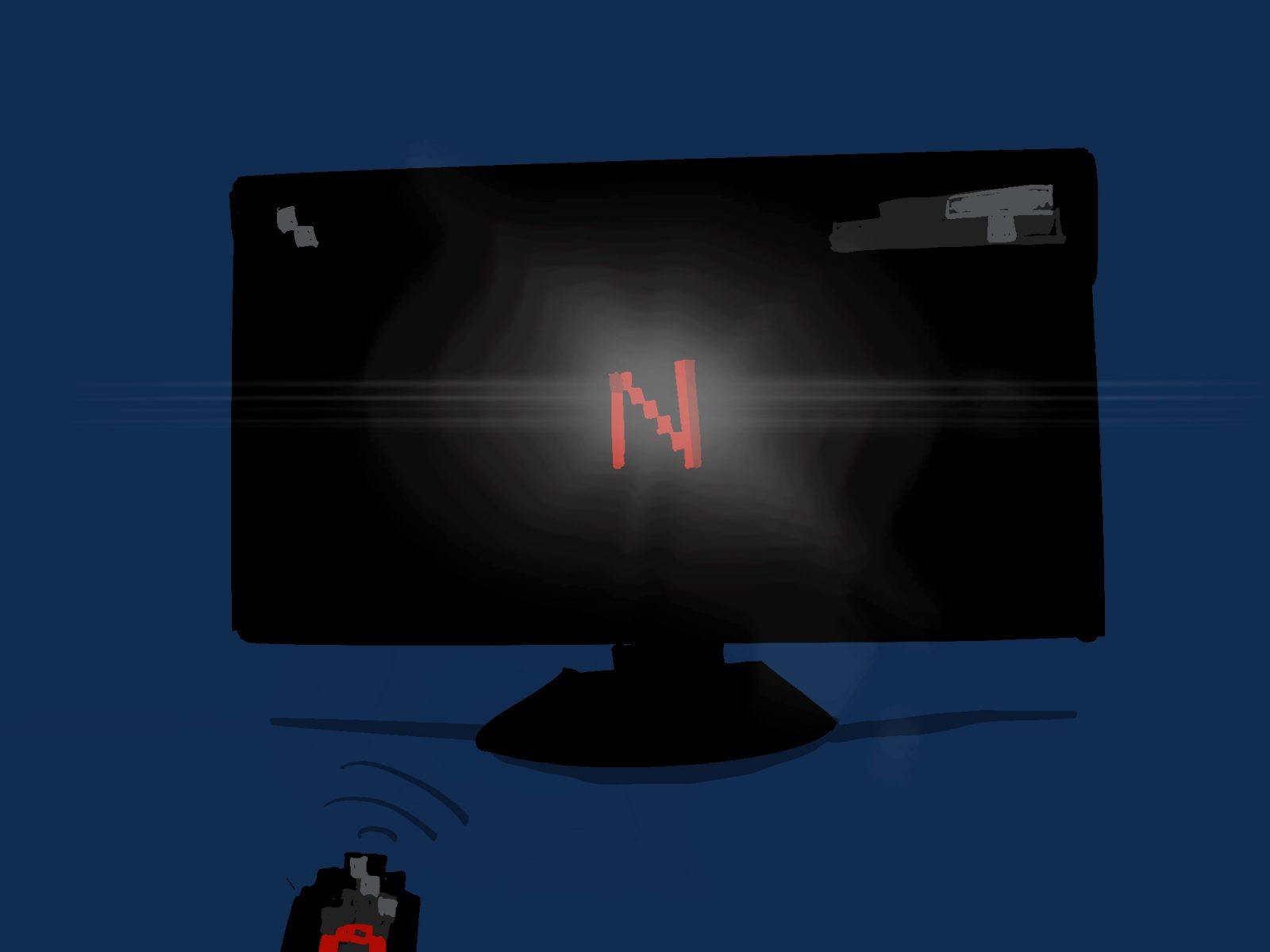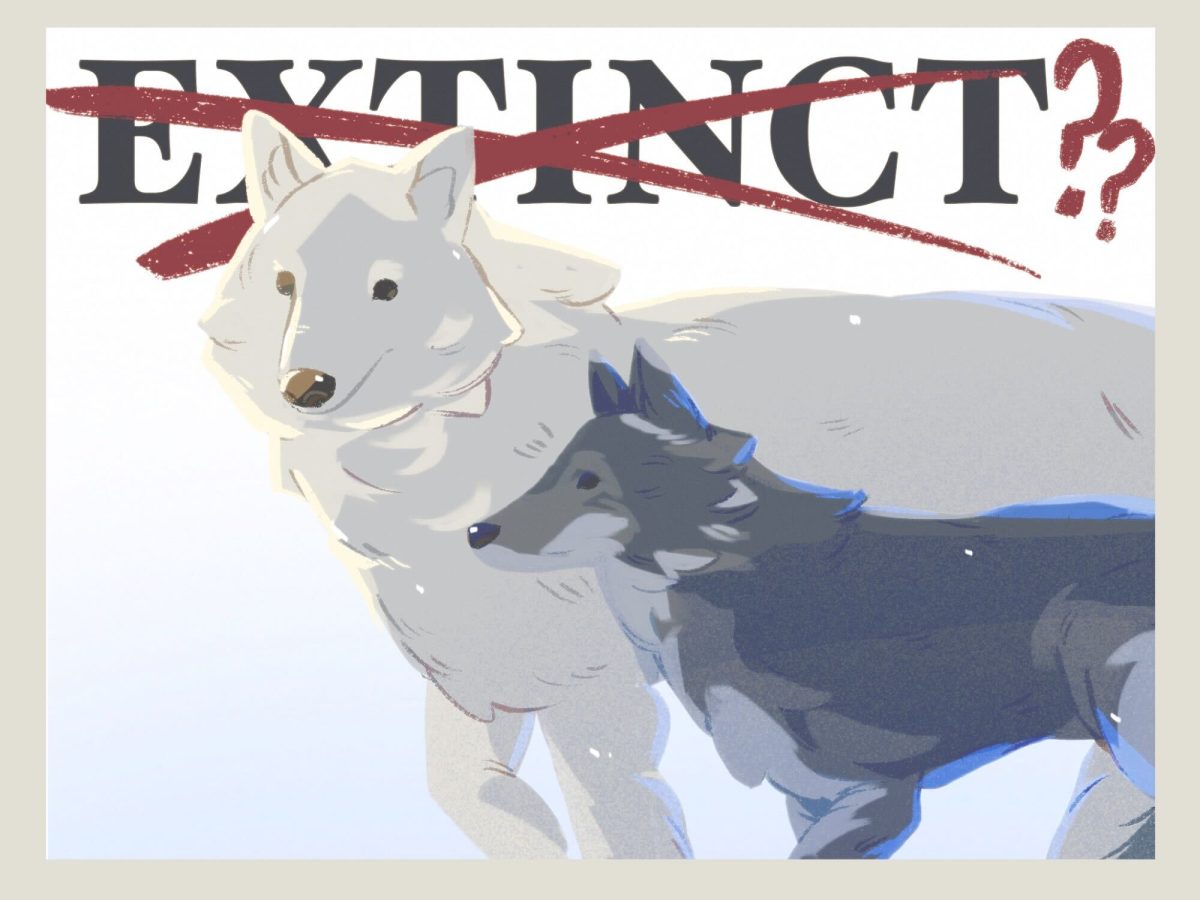The budget for triple-A games keeps climbing, and developers can’t keep up.
When companies like Warner Bros. Discovery take a loss of $300 million over games, and when games like WB’s “Wonder Woman” cost more than $100 million to make — with little to show for it — it becomes clear the industry is overspending and oversaturating its own market.
WB had success with “Hogwarts Legacy” in 2023, but “Suicide Squad: Kill the Justice League” flopped and its free-to-play brawler “MultiVersus” shut down May 30 due to weak player engagement. The final failure came with WB’s “Wonder Woman” game, which was announced in 2021 and canceled Feb. 25.
This, in part, led to three WB studio closures, including Monolith Productions, the developer of solid games like “Blood” and “F.E.A.R.”
Production value increased. The audience did not.
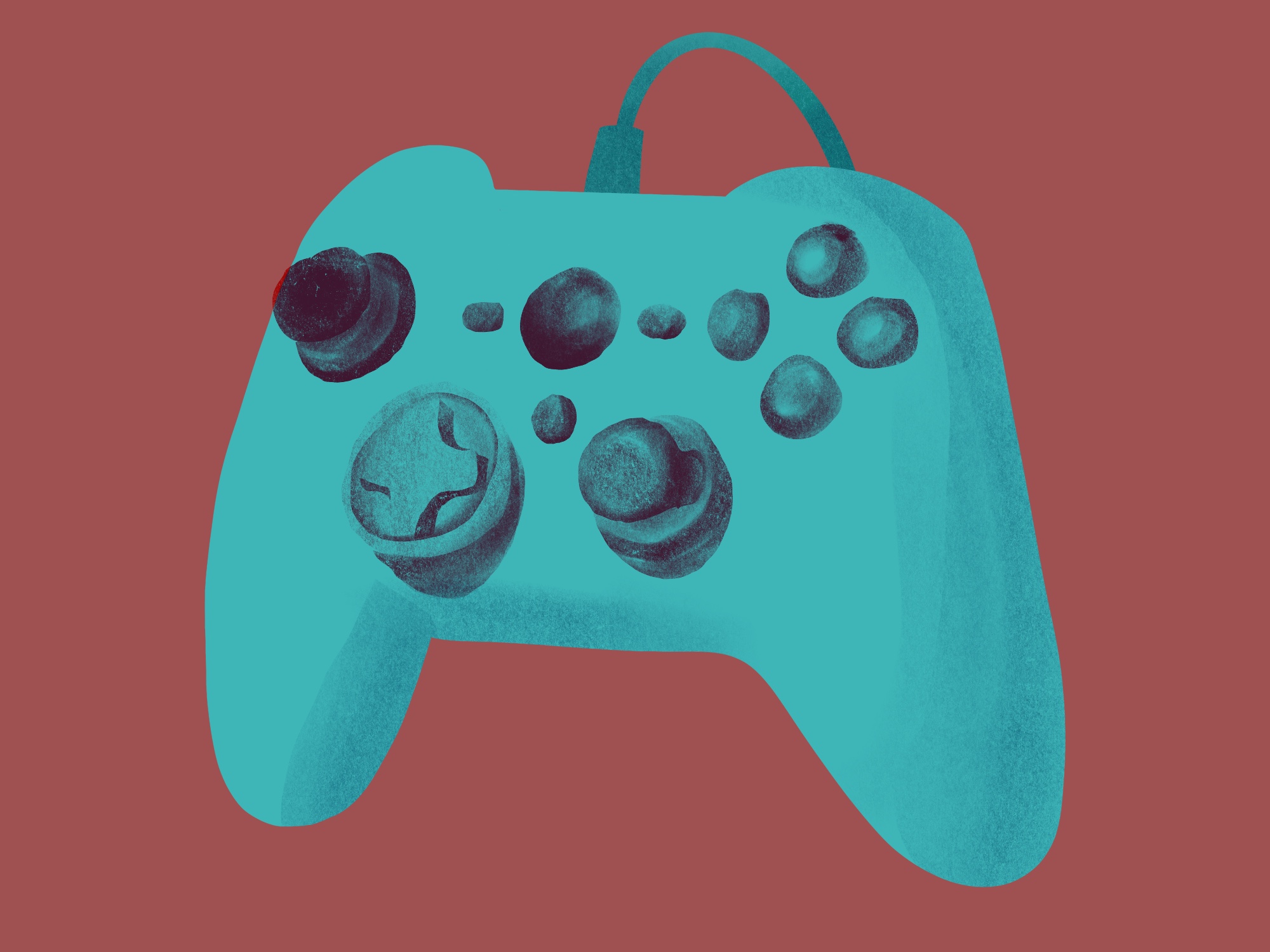
Yet, big-name companies continue shelling out money and laying off their staff in hopes of selling a Hollywood-level hit.
More often than not, this results in games like “Suicide Squad” and “Skull and Bones” — the latter touted as a “quadruple-A game” by Ubisoft CEO Yves Guillemot — being priced at $70 each, with premium versions selling for $100.
Once in a while, you may stumble across a masterpiece like Baldur’s Gate 3. Endless and branching storylines, fantastic graphics, interesting, sometimes diabolical characters, near-perfect and purely fun. Even as I write, I’m blasting the soundtrack for the thousandth time.
But I digress.
In an industry drowning in its own big-budget muck, well-made triple-A games are an anomaly. This could be because Larian Studios, BG3’s creator, is actually a triple-A indie developer. The studio still publishes its own games — and has the money to do so.
BG3 put role-playing games on the triple-A radar, and it’s caught the attention of big-name developers because it has set the bar so laughably high. But this should be the bare minimum, really. BG3 is not just a triple-A game — it is a stellar game.
So what does this all mean?
The word “triple-A” no longer drives revenue or player engagement. If you’re not a BG3, then you are taking a backseat for far more original, accessible and entertaining projects: indie games.
Take the game “Animal Well.”
After its release in 2024, it gained critical acclaim from more than 18,500 “Overwhelmingly Positive” reviews with comments ranging from “pure ecstasy” to “Dragging the game window around your desktop will cause vines and lanterns to sway. This pleases me.”
Many praise its beautiful yet haunting world. Others are astonished by its depth. One 10/10 review says it redefines the Metroidvania genre, which is a subgenre of 2D platformers focused on a non-linear story that progresses as the player acquires key items. Often, these kinds of games craft a delightful emphasis on exploration, environment and ambiance.
Best of all? “Animal Well” takes up only 35 megabytes of storage.
Video game publisher Bigmode, founded in 2022, has supported a number of indie games like “Animal Well.” That is thanks to YouTuber Videogamedunkey and his wife, who offer funding, PR management and more to help those “putting the effort and love into their projects” and to “give them the spotlight they deserve,” according to Bigmode’s website.
The founders want to see more of what they love in gaming. That kind of passion and appreciation for smaller-budget projects is what I would like to see from more of the gaming industry.
Triple-A games often hide their dull, hollow interiors with a glossy exterior — and gaming enthusiasts know it. The budgets may be high, but the passion and care just aren’t there. The industry becomes bloated with uninspired titles that players don’t want to play or pay for.
What players do want is a gaming company that can trace its steps back to square one. Scratch off the multi-million-dollar expenses. Forget realistic animations and cinematic scenes and quadruple As.
Instead, indulge in a bit of nostalgia. Revisit a 2D platform style and innovate it, or redefine it in the way “Animal Well” has redefined the Metroidvania genre.
I’m not saying big-name studios should replicate indie games — that would just take the “indie” right out of it.
I’m saying these companies need to take a massive step back and reevaluate where they are headed, and where they are dragging the industry — down, is what it looks like. One or two more mediocre triple-A flops could run other prominent studios like Monolith to the ground for good.
While I would love companies like WB, Ubisoft or Naughty Dog to support indie games, it would ultimately do indie developers a disservice.
Three A’s don’t mean anything. Four surely don’t, either.
















































































































